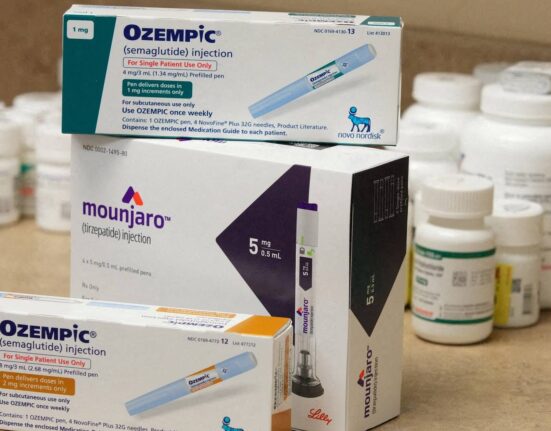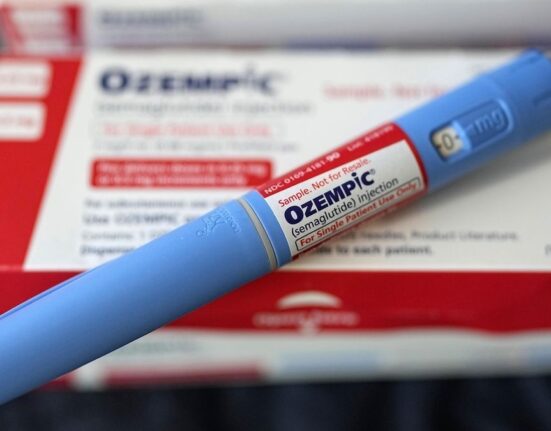Getting enough fiber is like giving your body a high-five for being awesome. But guess what? Most Americans are missing out on this vital nutrient, with only about 8 measly grams finding their way into our bellies each day. That’s way below the recommended 25–34 grams advised by nutrition gurus. Dr. Michelle Hughes, the queen of digestive health at Yale New Haven Health and Smilow Cancer Hospital, isn’t shy about calling out this fiber fiasco.
“The average American adult eats only about 8 grams a day,” Dr. Hughes shakes her head disapprovingly, “far below the recommended intake regardless of age or sex.”
But why all the fuss over fiber? Well, let’s dig into it—literally! Fiber is like that cool kid at school who hangs out in plant foods but doesn’t play by the same rules as other carbs your body usually munches on. Instead of getting broken down during digestion, fiber takes a more scenic route through your system—adding bulk to your stool (yes, we’re talking poop), keeping those gut bacteria happy campers, and even slowing down sugar absorption in your blood.
“Fiber is a type of carbohydrate that your body can’t digest,” explains Bree Phillips from University of California, San Francisco Health.
Now here’s where things get interesting: Not getting enough fiber can turn your colon into a slowpoke train chugging along towards diverticulosis and hemorrhoid city. Yikes! And that’s not all—a low-fiber diet can invite its buddies constipation, weight gain, bloating, and even gate-crashers like diabetes and heart disease to the party.
So should you consider bringing in reinforcements in the form of those trusty ol’ fiber supplements? The general consensus from our health sherpa Bree Philips is to keep things real with whole foods whenever possible because they come packed with extra nutrients essential for keeping us ticking smoothly inside.
“Whole-food sources of fiber are ideal because they provide additional nutrients,” advises Phillips.
But hey, nobody’s judging if you need a little backup from those supplement superstars now and then. Some folks just find it hard to hit their daily fiber goals without a little boost—and that’s totally okay! Psyllium husk from Metamucil or methylcellulose buddies found in Citrucel could be your go-to sidekicks when you need some extra help regulating cholesterol levels or taming those blood sugar spikes.
Dr. Omar Khokhar suggests supplementing may improve GI function and have broader health perks beyond just gut support.
While some supplements like psyllium husk wave their magic wands to lower cholesterol levels while boosting digestion and blood sugar control according to Phillips—it’s important to remember not all fibers are cut from the same cloth. So choose wisely!
Speaking of choices—ever wondered whether you should pop those pills or stir up a fibrous storm in your smoothie bowl instead? Turns out both powders and pills have their own fan clubs depending on personal preferences—but powders seem to take home the prize for versatility. As Phillips puts it: “Fiber powders tend to be more versatile since they can be mixed into water… making it easier to consume larger amounts.”
And before you dive headfirst into that sea of colorful supplements promising rainbows and unicorns (well… maybe not quite), make sure to scan those labels for sneaky sugars or shady additives lurking within.
So there you have it—the lowdown on why adding more fiber could be exactly what the doctor ordered…and how supplements might lend a helping hand when Mother Nature falls short at times.









Leave feedback about this